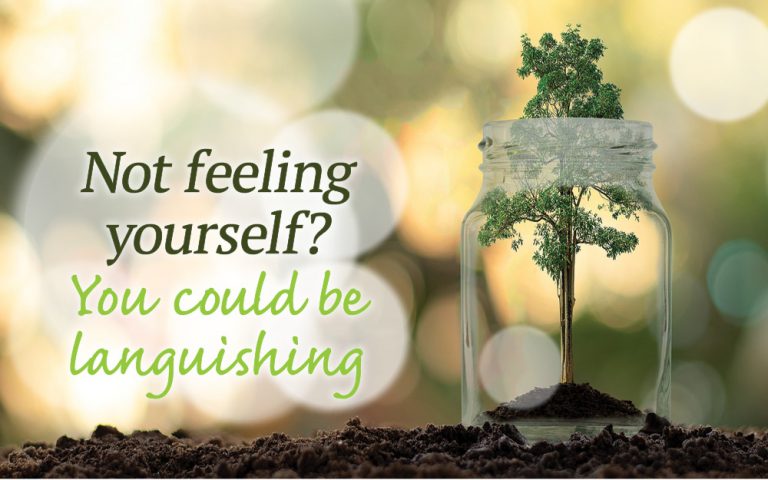Our resilience has been tested of late and continues to be, with the ongoing situation of the coronavirus pandemic throwing challenges our way.
Resilience has certainly become a now frequently used buzzword, but what does it actually mean? According to the Oxford dictionary, the word resilience means “the ability of people or things to recover quickly after something unpleasant, such as shock, injury, etc.”i It also relates to the ability to return to the original form or position after being bent, compressed or stretched.
Not just recovering, but improving
What makes someone resilient? We often use this term to describe someone who can bounce back from a difficult situation or who takes challenges in their stride. Perhaps it’s a person who receives the news they didn’t land their dream job and is able to be pragmatic about it, or someone who receives a frightening health diagnosis and is able to calmly consider the next steps.
Resilience tends to be thought of as something that keeps us going as we were. But what if we instead think of resilience as not simply returning to the original form, but changing shape and improving? Not bouncing back but moving forward in order to become stronger and better able to deal with the next challenge that comes your way.
Modelling yourself on resilient people
One way to improve your own resilience is to model yourself on resilient people. Studies show us that resilient people use positive emotions to recover and find positives in stressful situations.ii As resilience can mean different things to different people, we can look to those we perceive as resilient to model ourselves on. Have a think about the resilient people in your life, or even in the public eye – what characteristics do they have? What is their perspective on the challenges they face? How do they dust themselves off and keep going when things aren’t easy?
Building resilience
The good news is that it’s never too late to build resilience. Look for opportunities to face, rather than avoid, your fears – you can start small and build your confidence. Perhaps you struggle to have salary conversations at work or ask for that promotion. You mightn’t put yourself forward for new opportunities as you worry about being rejected. By instead putting yourself out there you do risk disappointment but learning to manage any frustration or let-down is part of honing resilience.
Reframing the narrative is also an important factor of resilience. If you see yourself as someone who can’t handle challenges, it’ll be difficult to build the confidence needed to do so. It’s worth also looking at how you deal with stress and what you may be adding to stressful scenarios – do you make a drama out of unexpected events? If so, how can you better react to them to minimise stress? Use difficult scenarios as a learning process and an opportunity for improvement, which will help you see them in a different light.
It’s much easier to be resilient when you are supported by a strong network of people. Studies have found that people with positive social relationships are less likely to struggle with depression, which can be a factor in low resilience. Friends and family often fill this support role, but there are other forms of support you can draw on, such as a coach, psychologist or online forums and groups.iii
While difficult times and situations challenge us, they can also propel us forward. They give us the opportunity to strengthen our resilience and not just ‘re-form’ into the person we were before, but become an improved version of ourselves.
Life isn’t always an easy path and some situations may present more of a challenge than others, so it is important you reach out if needed – you don’t need to deal with difficulties alone, so speak with your GP or mental health professional if you need some help.
- i Oxford Advanced Learner’s Dictionary
- ii US National Library of Medicine National Institutes of Health
- iii PLOS





































































